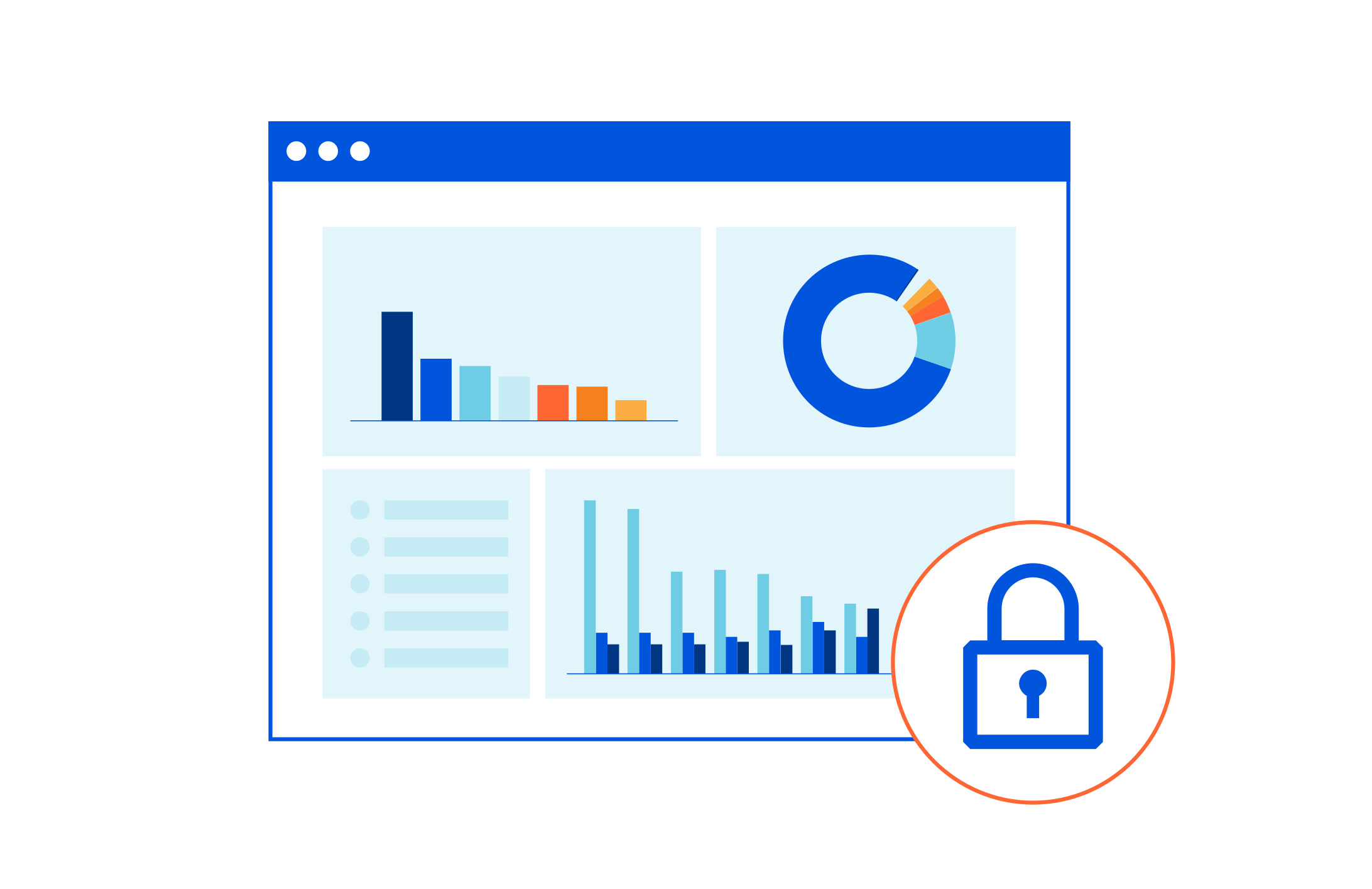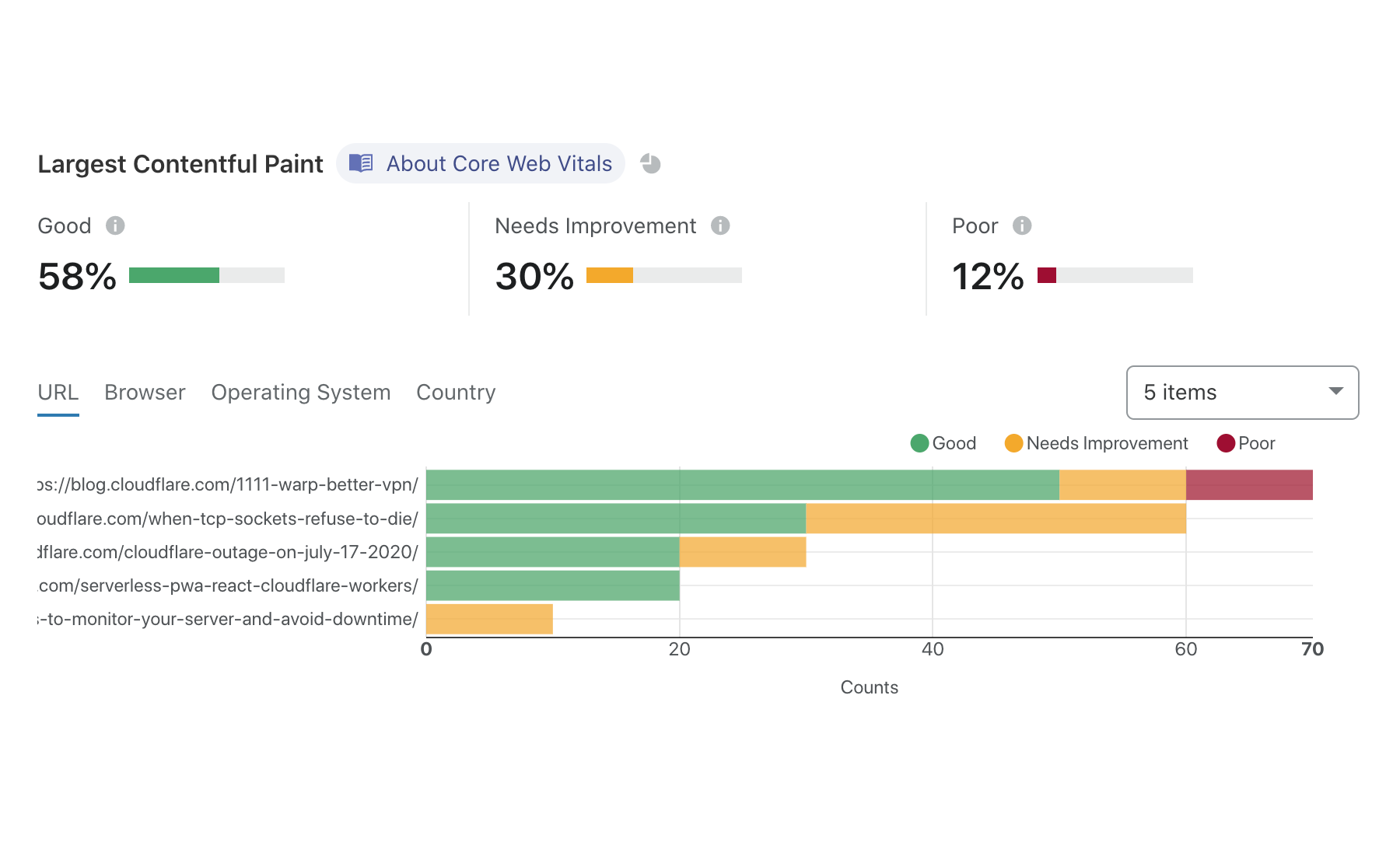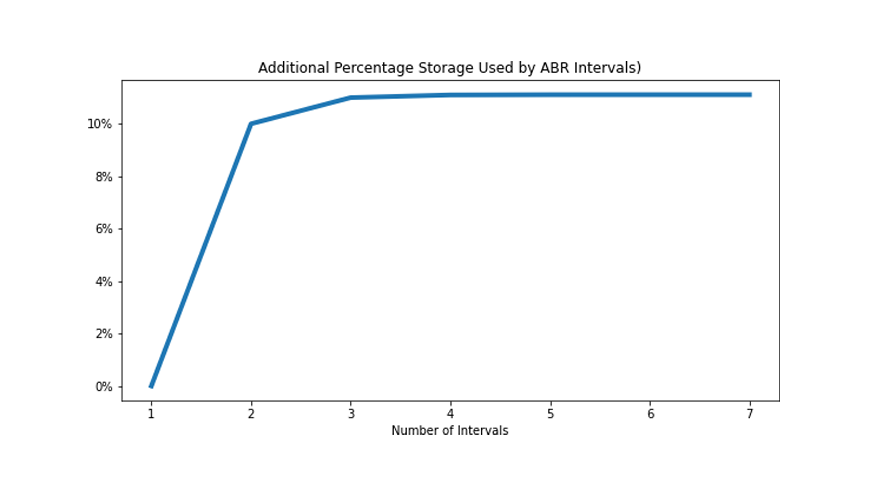History of Networking: Heather Flanagan on Identity
While identity is adjacent to networking, it is an important part of the network engineering world—and is not well understood. Heather Flanagan joins Donald Sharp and Russ White to talk about SAML, unified identity, and some of the practical aspects of verifying a person’s identity.
Losing the Right to Encryption Means Losing Business

Every time a government passes a law that affects the Internet, tech companies must ask themselves a critical question: can they still properly provide their services while protecting user privacy under the new rules?
For companies operating in countries pursuing anti-privacy legislation, the answer is increasingly scary from both a user and corporate perspective.
That’s because anti-privacy laws often try to accomplish their goals by breaking or bypassing encryption – arguably the strongest and most widely available form of privacy and security in our digital age. Weakening encryption makes people and nations around the world more vulnerable to harm online.
But governments around the world that pass anti-privacy legislation are incurring unplanned costs that go beyond the chilling effects of lessened privacy for their citizenry.
Laws that attack encryption and privacy stifle their local tech industry and tarnish their reputation internationally, both of which are detrimental to their own economy.
To uphold the privacy and security of their users, some companies actually end up physically exiting a region and relocating servers – rather than weakening their service. This is something that the VPN company I work for, Private Internet Access, has done multiple times with the most recent example being Continue reading
Free, Privacy-First Analytics for a Better Web

Everyone with a website needs to know some basic facts about their website: what pages are people visiting? Where in the world are they? What other sites sent traffic to my website?
There are “free” analytics tools out there, but they come at a cost: not money, but your users’ privacy. Today we’re announcing a brand new, privacy-first analytics service that’s open to everyone — even if they're not already a Cloudflare customer. And if you're a Cloudflare customer, we've enhanced our analytics to make them even more powerful than before.
The most important analytics feature: Privacy
The most popular analytics services available were built to help ad-supported sites sell more ads. But, a lot of websites don’t have ads. So if you use those services, you're giving up the privacy of your users in order to understand how what you've put online is performing.
Cloudflare's business has never been built around tracking users or selling advertising. We don’t want to know what you do on the Internet — it’s not our business. So we wanted to build an analytics service that gets back to what really matters for web creators, not necessarily marketers, and to give web creators the Continue reading
Start measuring Web Vitals with Browser Insights

Many of us at Cloudflare obsess about how to make websites faster. But to improve performance, you have to measure it first. Last year we launched Browser Insights to help our customers measure web performance from the perspective of end users.
Today, we're partnering with the Google Chrome team to bring Web Vitals measurements into Browser Insights. Web Vitals are a new set of metrics to help web developers and website owners measure and understand load time, responsiveness, and visual stability. And with Cloudflare’s Browser Insights, they’re easier to measure than ever – and it’s free for anyone to collect data from the whole web.

Why do we need Web Vitals?
When trying to understand performance, it’s tempting to focus on the metrics that are easy to measure — like Time To First Byte (TTFB). While TTFB and similar metrics are important to understand, we’ve learned that they don’t always tell the whole story.
Our partners on the Google Chrome team have tackled this problem by breaking down user experience into three components:
- Loading: How long did it take for content to become available?
- Interactivity: How responsive is the website when you interact with it?
- Visual stability: How Continue reading
Explaining Cloudflare’s ABR Analytics

Cloudflare’s analytics products help customers answer questions about their traffic by analyzing the mind-boggling, ever-increasing number of events (HTTP requests, Workers requests, Spectrum events) logged by Cloudflare products every day. The answers to these questions depend on the point of view of the question being asked, and we’ve come up with a way to exploit this fact to improve the quality and responsiveness of our analytics.
Useful Accuracy
Consider the following questions and answers:
What is the length of the coastline of Great Britain? 12.4K km
What is the total world population? 7.8B
How many stars are in the Milky Way? 250B
What is the total volume of the Antarctic ice shelf? 25.4M km3
What is the worldwide production of lentils? 6.3M tonnes
How many HTTP requests hit my site in the last week? 22.6M
Useful answers do not benefit from being overly exact. For large quantities, knowing the correct order of magnitude and a few significant digits gives the most useful answer. At Cloudflare, the difference in traffic between different sites or when a single site is under attack can cross nine orders of magnitude and, in general, all our traffic follows a Continue reading
Speeding up bgpq4 with IRRd in a container
When building route filters with bgpq4 or bgpq3, the speed of
rr.ntt.net or whois.radb.net can be a bottleneck. Updating many
filters may take several tens of minutes, depending on the load:
$ time bgpq4 -h whois.radb.net AS-HURRICANE | wc -l 909869 1.96s user 0.15s system 2% cpu 1:17.64 total $ time bgpq4 -h rr.ntt.net AS-HURRICANE | wc -l 927865 1.86s user 0.08s system 12% cpu 14.098 total
A possible solution is to have your own IRRd instance in your network, mirroring the main routing registries. A close alternative is to bundle IRRd with all the data in a ready-to-use Docker image. This also has the advantage of easy integration into a Docker-based CI/CD pipeline.
$ git clone https://github.com/vincentbernat/irrd-legacy.git -b blade/master $ cd irrd-legacy $ docker build . -t irrd-snapshot:latest […] Successfully built 58c3e83a1d18 Successfully tagged irrd-snapshot:latest $ docker container run --rm --detach --publish=43:43 irrd-snapshot 4879cfe7413075a0c217089dcac91ed356424c6b88808d8fcb01dc00eafcc8c7 $ time bgpq4 -h localhost AS-HURRICANE | wc -l 904137 1.72s user 0.11s system 96% cpu 1.881 total
The Dockerfile contains three stages:
- building IRRd,1
- retrieving various IRR databases, and
- assembling Continue reading
Feedback: VMware NSX Deep Dive
The mission of ipSpace.net is very simple: explain new networking technologies and products in a no-nonsense marketing-free and hopefully understandable way.
Sometimes we’re probably way off the mark, but every now and then we get it just right as evidenced by this feedback from one of our subscribers:
I was given short notice to present a board-level overview of VMWare NSX-T for an urgent virtualization platform change from Microsoft. Tech execs needed to understand NSX-T’s position in the market, in its product lifecycle, feature advantages, possible feature deficits, and an idea of the level of effort for implementation.
Feedback: VMware NSX Deep Dive
The mission of ipSpace.net is very simple: explain new networking technologies and products in a no-nonsense marketing-free and hopefully understandable way.
Sometimes we’re probably way off the mark, but every now and then we get it just right as evidenced by this feedback from one of our subscribers:
I was given short notice to present a board-level overview of VMWare NSX-T for an urgent virtualization platform change from Microsoft. Tech execs needed to understand NSX-T’s position in the market, in its product lifecycle, feature advantages, possible feature deficits, and an idea of the level of effort for implementation.
NSX deep dive sessions at VMworld 2020
It’s that time of year again; VMworld! This VMworld is unprecedented in its delivery this year. VMworld 2020 will be entirely online and general sessions available for anyone who wants to attend for free! There is a small fee track for Premier pass which has access to additional sessions. More on that in the links below. The numbers we’re seeing for potential attendees is staggering and people who may not have been able to attend in the past, can now join their industry peers for discussions, hands-on labs, and breakout and keynote sessions.
At previous VMworld events, it could be difficult to attend all the sessions you wanted, as they may have had times where one or more overlapped. This year, the majority of our sessions are on-demand for the attendee convenience. Log on and watch whatever the session you want, whenever you want. To ensure you don’t miss out on all the deepest technical NSX content the Network and Security Business Unit at VMware as created, we’ve come up with a list of sessions for you to check out:
Security
Apply Consistent Security Across VMs, Containers and Physical Server with NSX-T [ISNS1272]
Continue reading
Tech Bytes: Fortinet’s SD-WAN Is Good Medicine For Healthcare Provider’s Video App (Sponsored)
Urgent care company PM Pediatrics relies on SD-WAN from Fortinet to provide the performance and security to support real-time voice and video applications as well as other critical apps, and to help cut bandwidth costs and streamline operations. Our guest is John Tabako, Director of IT Infrastructure for PM Pediatrics.
The post Tech Bytes: Fortinet’s SD-WAN Is Good Medicine For Healthcare Provider’s Video App (Sponsored) appeared first on Packet Pushers.
Tech Bytes: Fortinet’s SD-WAN Is Good Medicine For Healthcare Provider’s Video App (Sponsored)
Urgent care company PM Pediatrics relies on SD-WAN from Fortinet to provide the performance and security to support real-time voice and video applications as well as other critical apps, and to help cut bandwidth costs and streamline operations. Our guest is John Tabako, Director of IT Infrastructure for PM Pediatrics.Birthday Week on Cloudflare TV: Announcing 24 Hours of Live Discussions on the Future of the Internet

This week marks Cloudflare’s 10th birthday, and we’re excited to continue our annual tradition of launching an array of products designed to help give back to the Internet. (Check back here each morning for the latest!)
We also see this milestone as an opportunity to reflect on where the Internet was ten years ago, and where it might be headed over the next decade. So we reached out to some of the people we respect most to see if they’d be interested in joining us for a series of Fireside Chats on Cloudflare TV.
We’ve been blown away by the response, and are thrilled to announce our lineup of speakers, featuring many of the most celebrated names in tech and beyond. Among the highlights: Apple co-founder Steve Wozniak, Zoom CEO Eric Yuan, OpenTable CEO Debby Soo, Stripe co-founder and President John Collison, Former CEO & Executive Chairman, Google // Co-Founder, Schmidt Futures. Eric Schmidt, former McAfee CEO Chris Young, Magic Leap CEO and longtime Microsoft executive Peggy Johnson, former Seal Team 6 Commander Dave Cooper, Project Include CEO Ellen Pao, and so many more. All told, we have over 24 hours Continue reading
Random Thoughts

This week is very busy for me, so rather than writing a single long, post, I’m throwing together some things that have been sitting in my pile to write about for a long while.
From Dalton Sweeny:
This is precisely the way network engineering is. There is value in the kinds of knowledge that expire, such as individual product lines, etc.—but the closer you are to the configuration, the more ephemeral the knowledge is. This is one of the entire points of rule 11 is your friend. Learn the foundational things that make learning the ephemeral things Continue reading